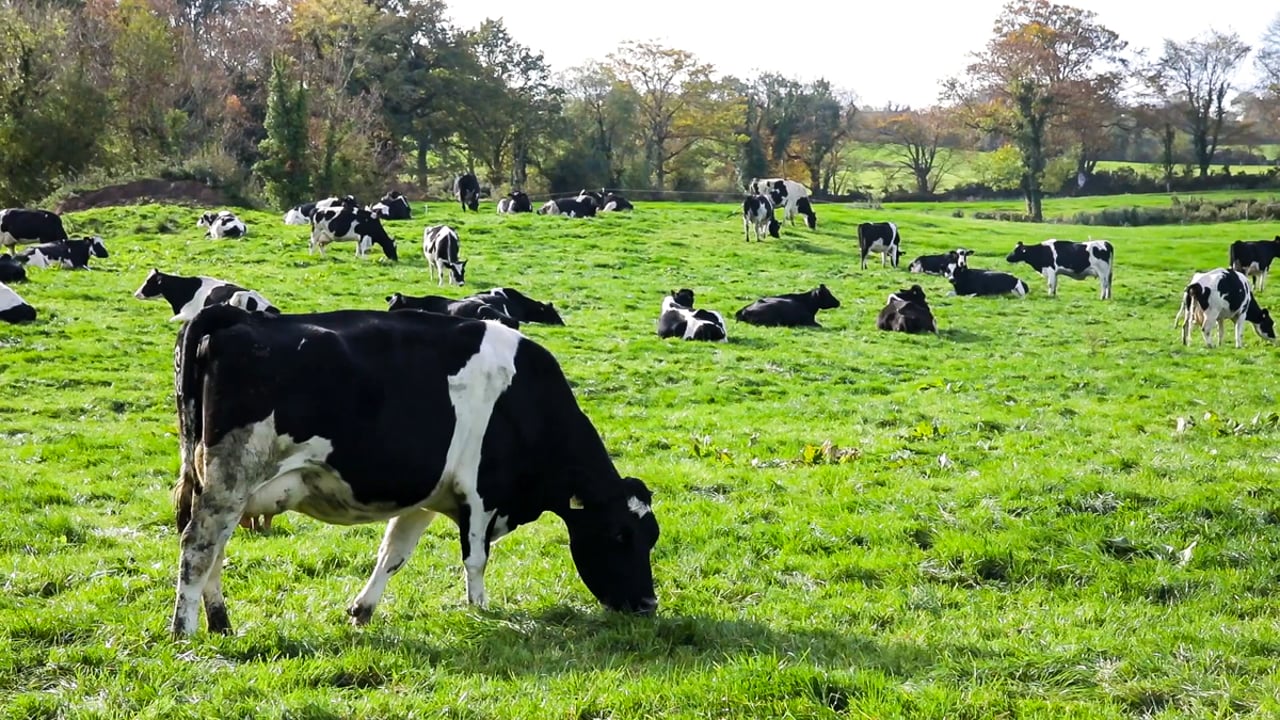Advantage Beef Programme
The farm is one of the eight ABP Monitor Farms that are finishing cattle in a variety of systems and are based across the country on a range of different land types.
Weanlings and heifers remain at grass full time on the farm and the cows are out at grass by day and are being housed by night. The bullocks have now been housed for finishing.
Twohig noted that grass growth remains unusually good for November and the farm is still in a good position from a grass-supply perspective.
The dairy-beef heifers are still at grass and are being supplemented with 2kg of concentrates/head/day at the moment.
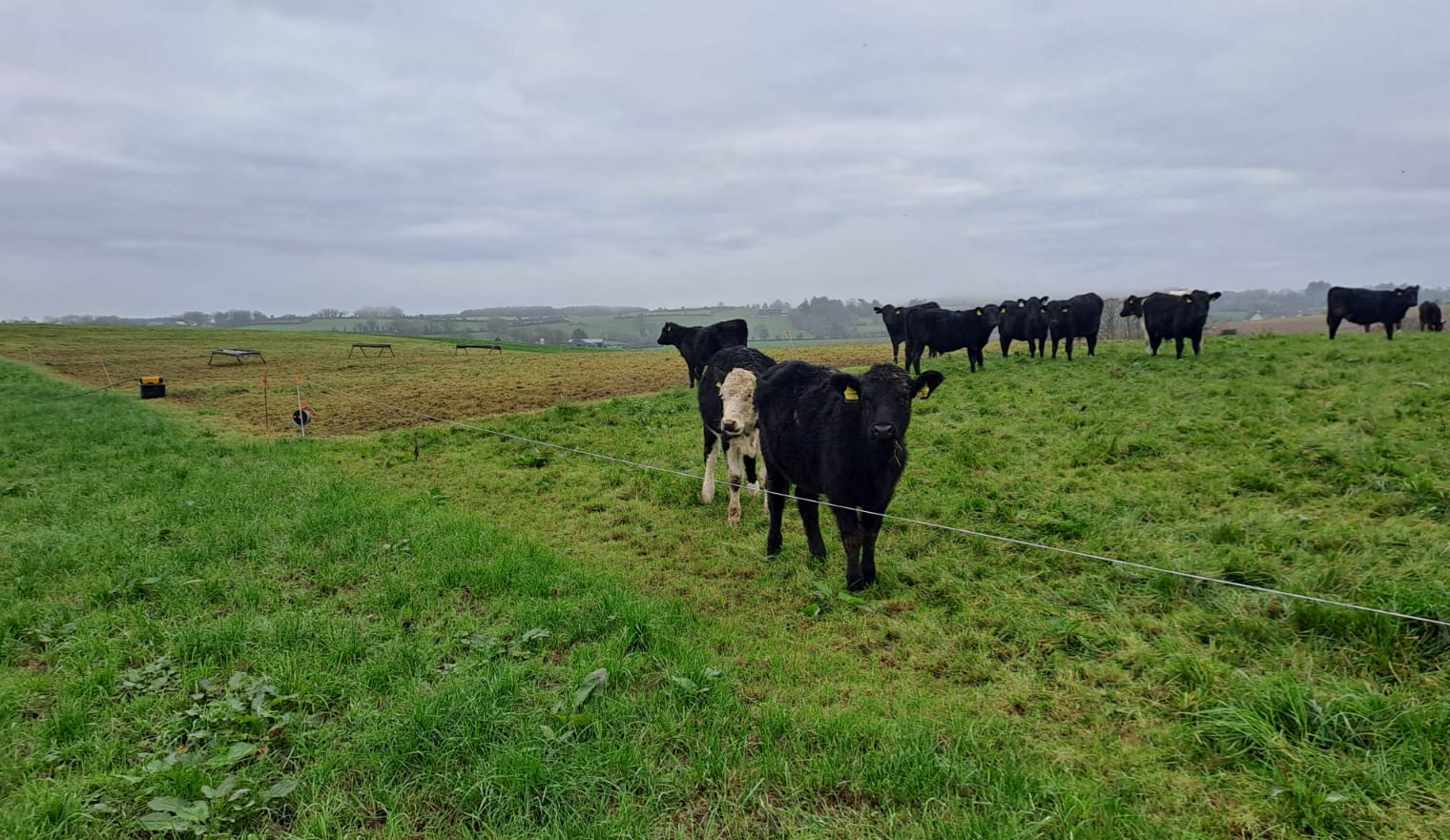
The plan is to send these heifers to the factory in late January or early February, with a target carcass weight above 260kg.
The bullocks have been housed a month and have now been built up to their finishing diet of 6kg concentrates, 5kg beet and the remainder grass silage.
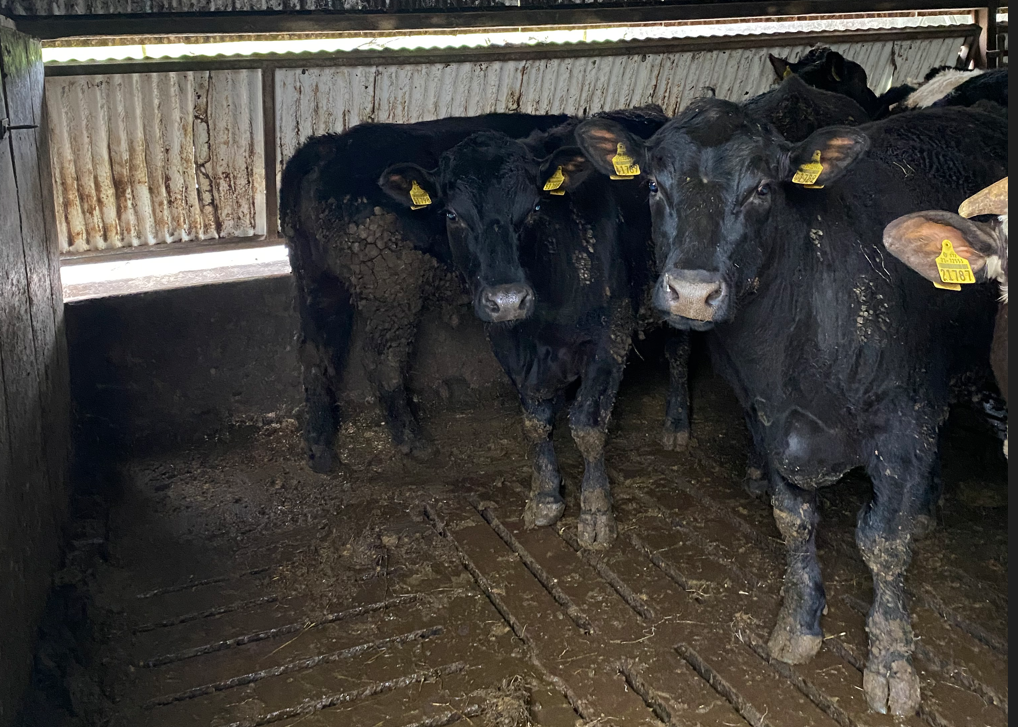
Twohig has taken silage samples for all of his cuts and uses these to identify the level of meal feeding to reach the desired daily weight gain.
The bullocks had the hair on their backs trimmed at housing and have been treated for lice, worms and fluke.
The dose used has a 56-day withdrawal period which shouldn’t have any effect the target slaughter dates for these animals.
The average weight of the bullocks at housing was 490kg. Twohig aims to put approximately 110kg on these bullocks in a 100-day finishing period.
He is aiming for an average carcass weight of 300kg for the bullocks in January.
The weanlings are continuing to perform well at grass at the moment. They are getting 2kg of concentrates/day at grass and will be housed in the next few weeks.
Once housed, these spring 2024-born dairy-beef cattle will continue to receive 2kg concentrates/head/day for the majority of the housed period, along with 3kg of beet and good-quality silage.
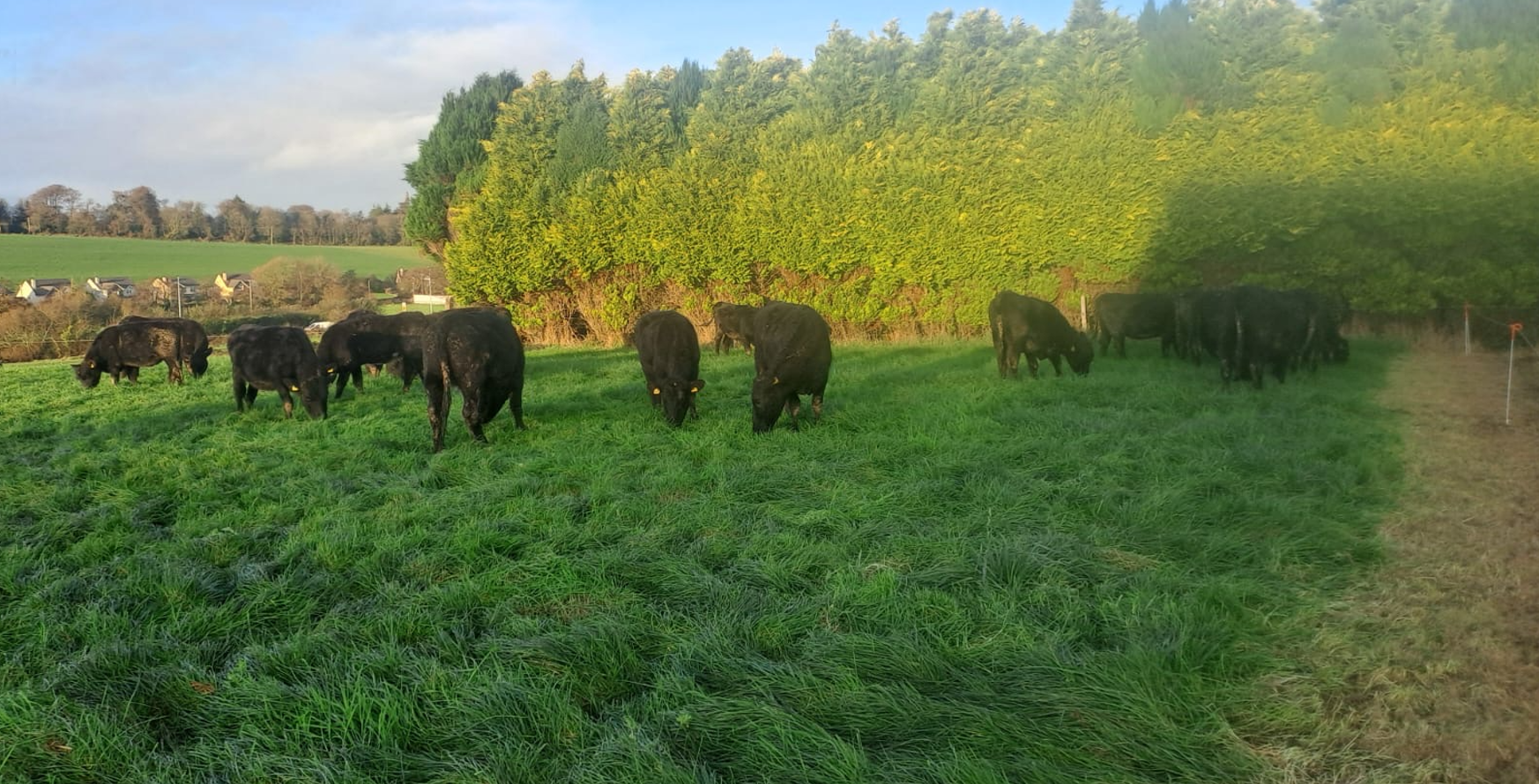
The cows are yielding well for the time of year and will be housed full time if weather conditions take a turn.
Twohig's grass supplies are good and he is confident of another few weeks of day-grazing for the cows if weather conditions remain favourable.
He will be drying off the first of the cows towards the end of the month ahead of the commencement of calving in February.
Twohig will milk on empty cows and late calvers to make the best of the rising milk price.
The beet is costing approximately €65/t this year unwashed. Twohig has a chopper in the yard but has no means of washing it.
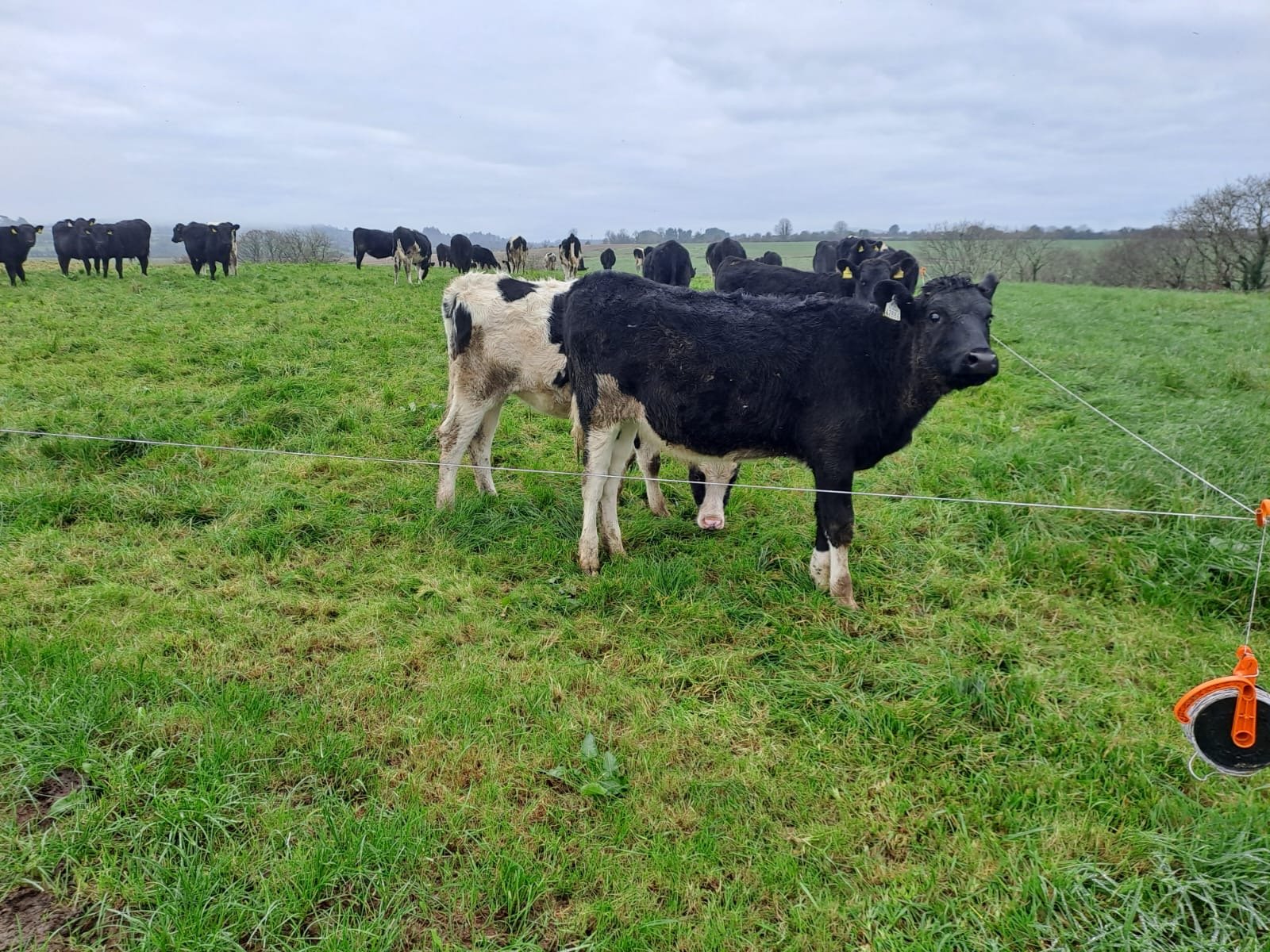
Twohig took advantage of the mild weather and good ground conditions and spread 2t/ac of lime to all the paddocks he has grazed earlier in November.
Overall, the mild, dry weather has the farm in a more positive position compared to this time last year when all animals were housed nearly a month at this stage.
